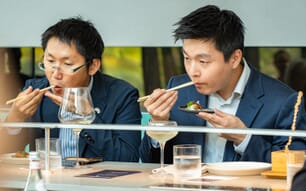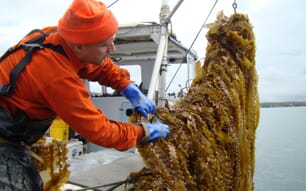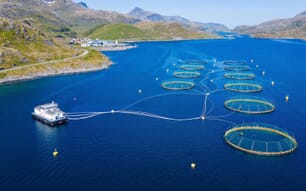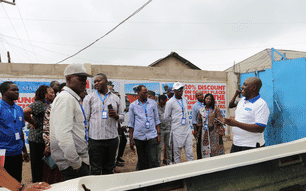Wageningen University & Research has started a public-private partnership within the Agri & Food top sector with DUPAN (Stichting Duurzame Palingsector Nederland, the Dutch Sustainable Eel-sector Foundation), the Dutch Ministry of Economic Affairs and private parties.
This partnership aims to develop methods for the propagation of eel to make aquaculture independent of the supply of glass eels from nature. International collaboration between eel researchers within the Eel Reproduction Innovation Centre (EELRIC) will help to accelerate the advancements of eel propagation research.
Over the past two years, Wageningen University & Research has worked together with DUPAN and the Dutch Ministry of Economic Affairs in a research project to develop methods for the production of viable broodstock. Last year, thousands of larvae were propagated from seven different females.
Unfortunately, food sources on which European eel larvae can survive and grow are still unknown.
The newly initiated international collaboration within EELRIC aims to accelerate the advancements of eel propagation research. Research institutes from eight European countries and Japan, New Zealand and the United States now share their knowledge to achieve the ultimate goal of large-scale glass eel production.
The researchers aim to achieve a controlled production of eel larvae, to develop good larval feed and, ultimately, to produce glass eels. This would enable aquaculture to breed eel without having to rely on wild glass eels. If successful, eel propagation will alleviate the fishery pressure on the wild eel stocks, thereby further improving the sustainability of eel aquaculture.




